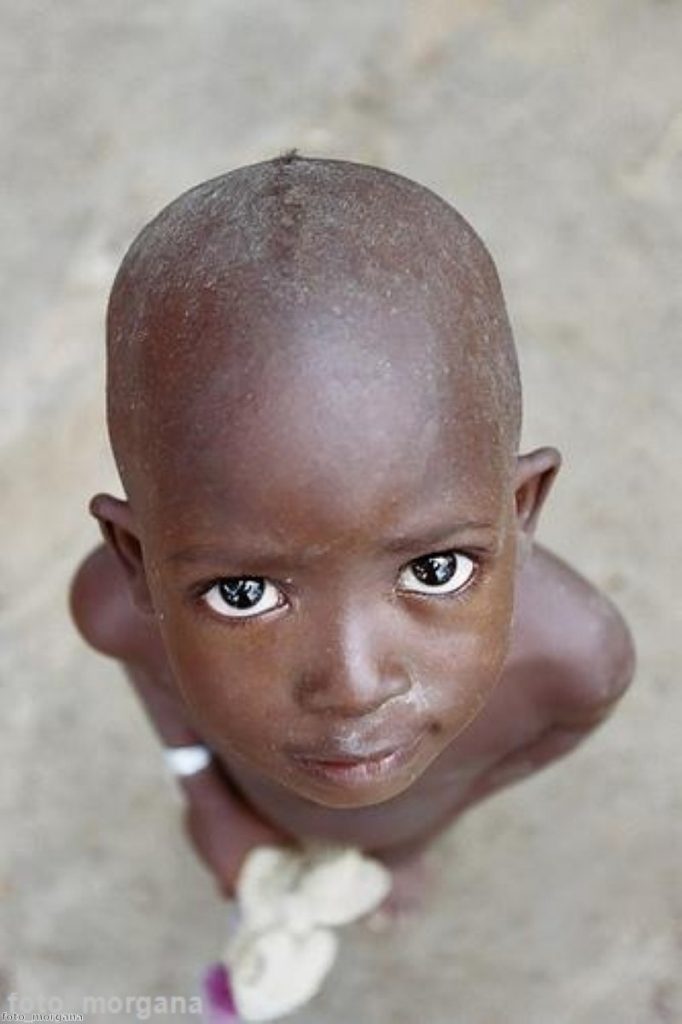Brown hosts African leaders at outreach summit
By Alex Stevenson
Gordon Brown chaired a meeting of influential African leaders seeking continued aid in London today.
The appeal came at an Africa outreach event featuring influential African leaders chaired by international development secretary Douglas Alexander in London.
Tanzanian president Jakaya Kikwete, Ethiopian prime minister Meles Zenawi and Liberian president Ellen Johnson Sirleaf were among those seeking to influence the agenda of the G20 summit which takes place on April 2nd.
They argued it would be cheaper for the developed world to continue providing financial assistance to African states than face the potential cost of violent conflict resulting from economic difficulties.
“In the end, the cost of violence is going to be much greater than the cost of supporting Africa,” Mr Meles said.
And Ms Sirleaf added: “The cost of sustainability, reform and recovery is much less than the price of. the return to conflict.”
According to the Department for International Development (DfID) as many as 90 million more people will be forced into poverty by the end of 2010.
It fears drops in commodity prices, a drying-up of trade finance, falls from remittances and a collapse in tourism are only just beginning to be felt by the developed world. Progress against extreme poverty could be cut back by as much as three years as a result.
South African finance minister Trevor Manuel said: “We’re not here cap in hand – we’re here to talk about collective responsibility.”
Mr Kikwete, however, said: “Africa is a victim. We are not responsible but all of us are suffering.
“The question is not about telling them ‘we told you’. Africa is surprised. How could developed countries be landed in a problem of this magnitude they seem not to have known?”
He called on developed countries to deliver on their promises to assist Africa and pressed the importance of maintaining current funding levels to the continent.
African Development Bank president Donald Kaberuka said: “We know it is hard for people in Europe – losing their homes, losing their jobs. In the case of countries like Liberia it is lives which are being lost, not jobs.”
He pointed out the amount required to prevent further setbacks in the developing world were significantly smaller than the vast sums of money poured into the western financial system.
This argument was underlined by Mr Meles, who added: “The global stimulus impact of every dollar would be greater in Africa than it would in the UK.”
Ms Sirleaf, who claimed she represented the most vulnerable people in Africa hit by conflict, said resources which had previously been concentrated on growth for Liberia’s mining and forestry sectors were now being diverted to “trying to feed”.
The British government has pledged to ensure international development needs are not forgotten when the G20 meets in London next month.
Mr Alexander said the hour-long meeting, chaired by prime minister Gordon Brown, had been “constructive” and a “very valuable exchange of views”.





-01.png)